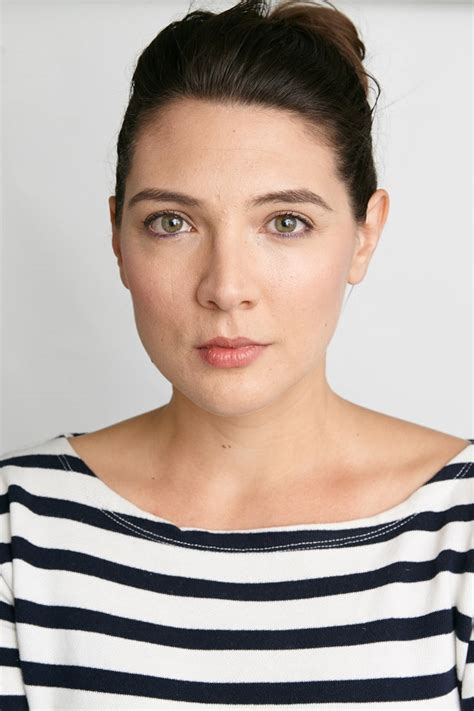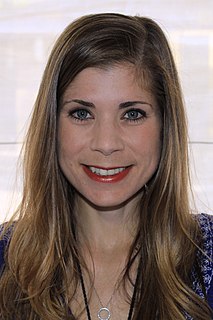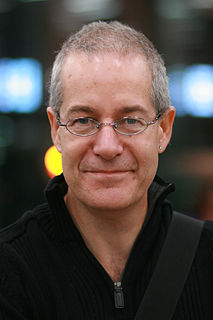A Quote by Jean-Paul Sartre
Generally speaking there is no irreducible taste or inclination. They all represent a certain appropriative choice of being. It is up to existential psychoanalysis to compare and classify
them. Ontology abandons us here; it has merely enabled us to determine the ultimate ends of human reality, its fundamental possibilities, and the value which haunts it.
Related Quotes
Intelligence makes clear to us the interrelationship of means and ends. But mere thinking cannot give us a sense of the ultimate and fundamental ends. To make clear these fundamental ends and valuations and to set them fast in the emotional life of the individual, seems to me precisely the most important function which religion has to form in the social life of man.
We often compare the experience of writing a book to that of playing God. It is up to us, and only us, to determine what happens to the people we invent. It is for us alone to determine what is good and bad, just and unjust, appropriate and inappropriate for the worlds we create. I love that about writing books.
Using SROI to explore the value of our online question and answer service, askTheSite, helped us develop new mechanisms for speaking to young people and gain a real insight into the impact of our work. The project enabled us to demonstrate YouthNets commitment to robust impact measurement as well as our commercial approach to project evaluation. Perhaps most importantly, being able to assign a monetary value to askTheSite has enabled YouthNet to convey to current and potential funders how valuable the service is for both young people and the wider society in a language that they understand
Economic control is not merely control of a sector of human life which can be separated from the rest; it is the control of the means for all our ends. And whoever has sole control of the means must also determine which ends are to be served, which values are to be rates higher and which lower, in short, what men should believe and strive for.
Extremes are for us as though they were not, and we are not within their notice. They escape us, or we them. This is our true state; this is what makes us incapable of certain knowledge and of absolute ignorance... This is our natural condition, and yet most contrary to our inclination; we burn with desire to find solid ground and an ultimate sure foundation whereon to build a tower reaching to the Infinite. But our whole groundwork cracks, and the earth opens to abysses.
For centuries the church has confronted the human community with role models of greatness. We call them saints when what we really often mean to say is 'icon,' 'star,' 'hero,' ones so possessed by an internal vision of divine goodness that they give us a glimpse of the face of God in the center of the human. They give us a taste of the possibilities of greatness in ourselves.
Let us therefore reject all superstition in order to become more human; but in speaking against fanaticism, let us not imitate the fanatics: they are sick men in delirium who want to chastise their doctors. Let us assuage their ills, and never embitter them, and let us pour drop by drop into their souls the divine balm of toleration, which they would reject with horror if it were offered to them all at once.
It does not follow, because our ancestors made so many errors of fact and mixed them with their religion, that we should therefore leave off being religious at all. By being religious we establish ourselves in possession of ultimate reality at the only points at which reality is given us to guard. Our responsible concern is with our private destiny, after all.
What I'm talking about is actually is the Mystery of Being as existential fact. That there is something that haunts this world that can take apart and reduce every single one of us to a mixture of terror and ecstasy, fear and trembling. It is not an idea, that's the primary thing to bear in mind. It's an experience.
To those of us who are not theologians, does it matter whether a thing is ordained or merely allowed? Are events that seem out of control caused by God? Or does He allow them to occur at the hands of human beings? You can spend a lot of time pondering that one and end up pretty much where you started. In either case, the purpose remains the same - our sanctification. God is in the business of making us walking, breathing examples of the invisible reality of the presence of Christ in us.







































